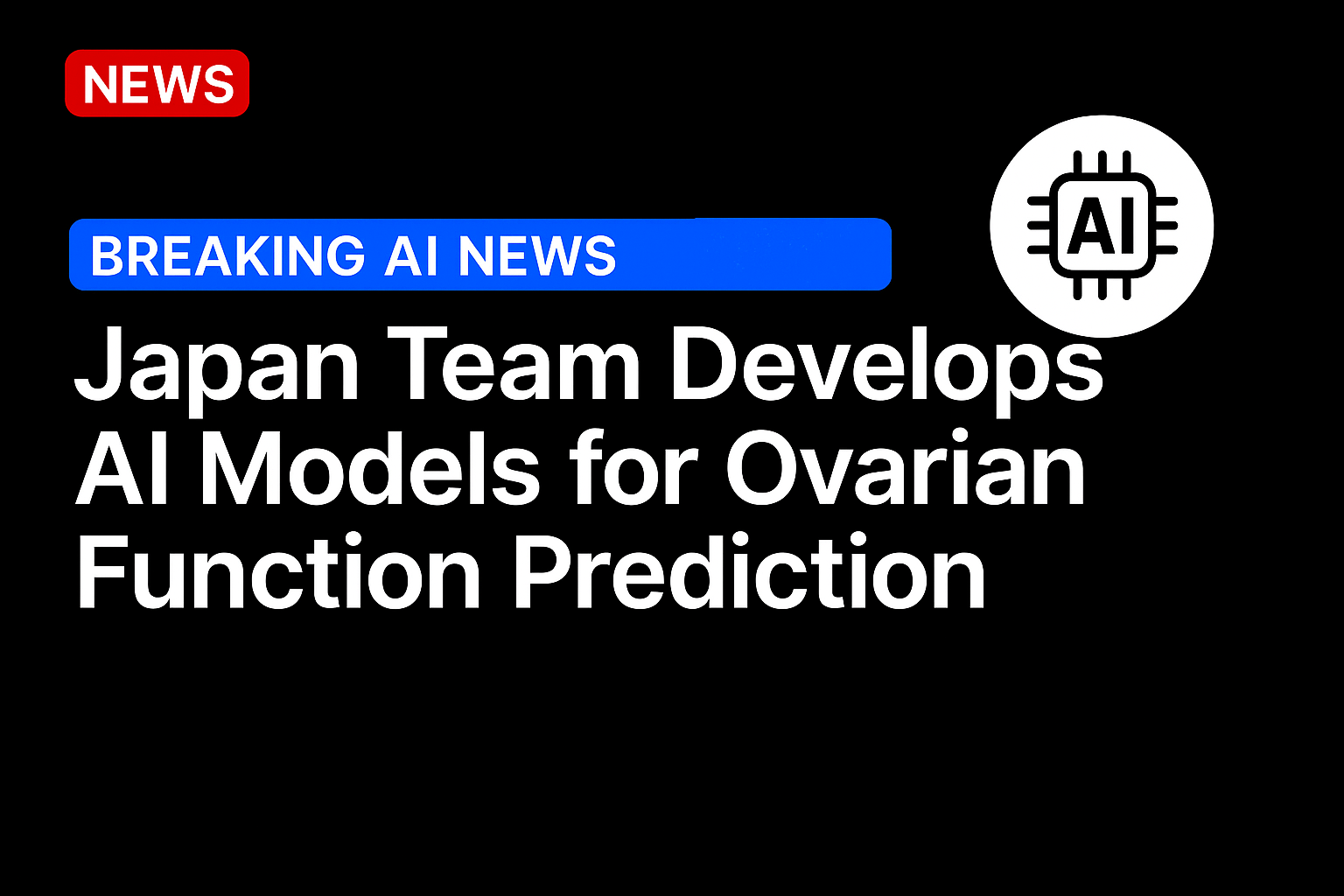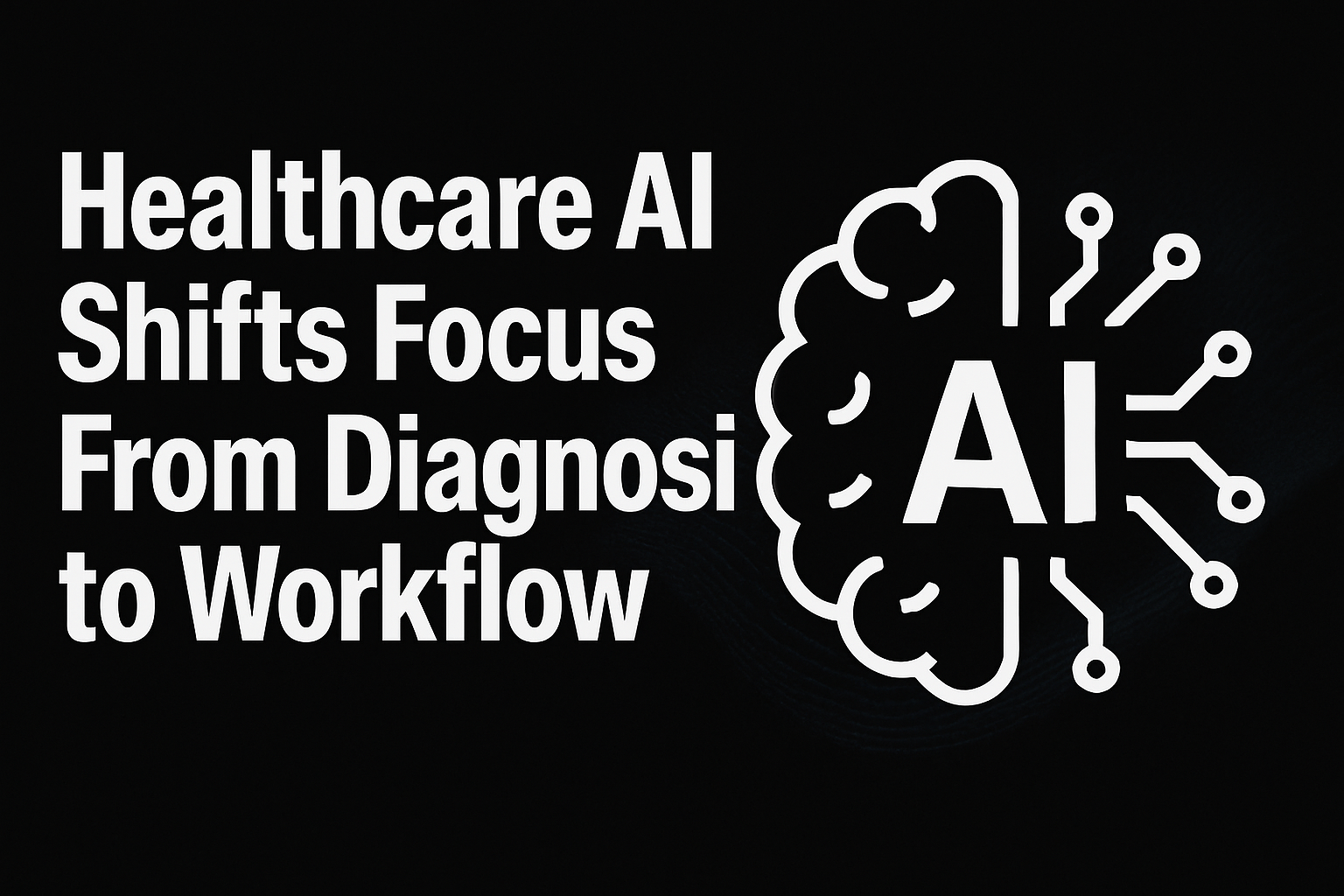Tokyo (Jiji Press) — A Japanese research team has said that it developed artificial intelligence models to predict ovarian function for expected use in preconception care to prepare for future pregnancy and birth.
The AI models can predict both the number and quality of eggs, based on data from patient interviews about age and menstrual cycle, and a small amount of blood.
University of Tokyo professor Miyuki Harada and other team members built prediction models using data on 442 patients who underwent infertility treatment from June 2021 to January 2023.
In predicting the number of eggs, the model using five factors including the value of anti-Mullerian hormone, secreted by growing follicles, and ovarian surgery history showed the highest accuracy, performing far better than a widely used indicator based only on the hormone’s value.
Meanwhile, the quality of eggs was predicted with high accuracy by the model with 14 factors, such as specific protein and oxidative stress.
The accurate assessment of ovarian function is important to review lifestyle habits and decide infertility treatment strategies.
“The use of AI can make it possible to realize health care tailored for each person and individualized medical care,” Harada stated.
She added that it is necessary to devise measures to protect people with bad prediction results from social disadvantages and gain an understanding about the prediction’s limits and interpretation.
The team hopes to raise the prediction’s accuracy by increasing the sample size. It has already started joint research with medical institutions, aiming to apply the models to smartphone apps and medical instruments.
Source: https://globalnation.inquirer.net/




